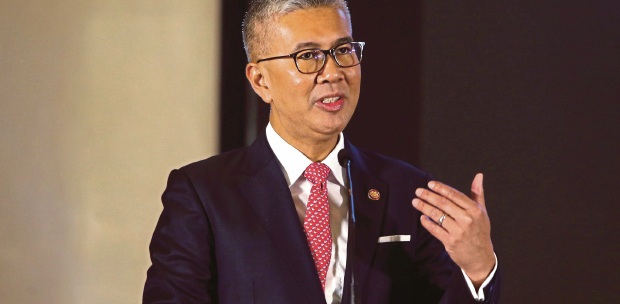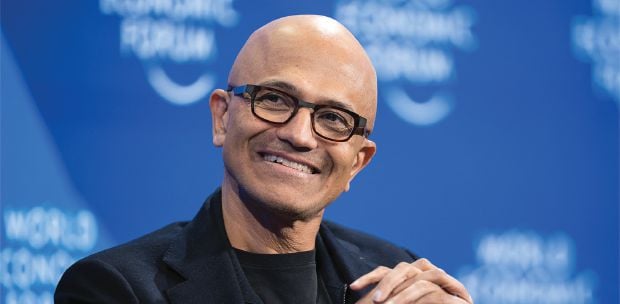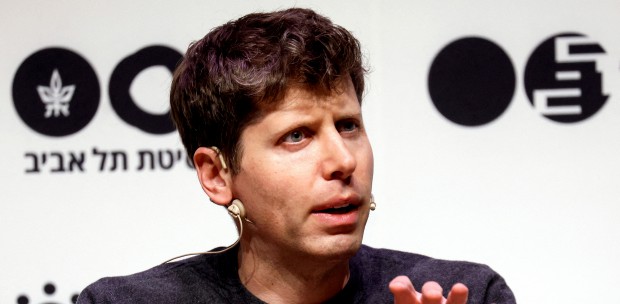A university's fundamental purpose is to serve society. To do so, it must gain public trust.
Satya Nadella, the chief executive officer of Microsoft, considers that a sense of purpose that is "aligned with what the world needs" is a powerful way for any organisation to earn public trust.
A university's alignment of its education and research to environmental, social and governance (ESG) issues is one way to win the public's trust.
This commitment to ESG is imperative given the government's aspiration to carbon neutrality (that is, equalising carbon emissions with its removal or elimination) by 2050.
It involves embedding sustainability in a university's operations while cultivating sustainable behaviour among its academe and community.
There are several ways a university can discharge its mission to solve ESG concerns.
First, a university must develop courses and short programmes on ESG to induct students into this field.
This will inculcate in students a sense of care for the environment while helping them assimilate the values of good governance, such as integrity, professionalism and service.
And a university should act in conformity to its beliefs. One way of doing so is to get an International Organisation for Standardisation certification on anti-bribery.
Another way is to adopt the Securities Commission's 4th edition of its Corporate Governance Guide.
While the guide is for listed companies, universities can demonstrate their commitment to ESG by acting in ways consistent with that guide.
Second, universities should singularly, or in collaboration with partners, pursue research in corporate governance and environmental protection.
Knowledge on sustainable practices should be disseminated through its programmes.
Third, green investments should become a norm. These will include such initiatives as introducing movement sensors in buildings to regulate electricity use, solar panels for outdoor lighting and construction that reduces its carbon emission.
Fourth, universities should offer good value to students and their parents by providing affordable quality education.
Universities should support the career development of their staff with training, offer better sal- aries, and be inclusive in matters of gender and race.
It should deal fairly and ethically with their suppliers, such as making prompt payments, aid the neighbourhood with social services, such as free medical and dental camps, and protect the environment though recycling.
Fifth, to execute ESG initiatives, a university must have an implementation and reporting mechanism that is well resourced.
It should have, as part of its strategic plan, a policy statement on its ESG goals so that its academe and partners can act in tandem.
The progress on these commitments should be reviewed so that it is on track. Even better, as with the QS ranking on academic affairs, a university should get itself ranked by a reputable ESG rating agency.
What is in it for the universities? One, ESG is a vehicle by which a university can demonstrate its service to society.
Second, it can ensure its own survival as its ESG agenda serves as a magnet to attract a burgeoning green generation that is fed up with environmental degradation, and corruption and injustice in society.
Universities will be better able to market themselves to this increasing segment of the population.
Contributing to the sustainability of our nation through education and research is a university's raison d'etre.
There is a ground swell of public interest in ESG. Universities should stay atop this wave to discharge their responsibility.
As Shakespeare in his play Julius Caesar says: "There is a tide in the affairs of men which, taken at the flood, leads on to fortune; omitted, all the voyage of their life is bound in shallows and in miseries. On such a full sea are we now afloat; and we must take the current when it serves or lose our ventures."
The writer is AIMST University vice-chancellor
The views expressed in this article are the author's own and do not necessarily reflect those of the New Straits Times





